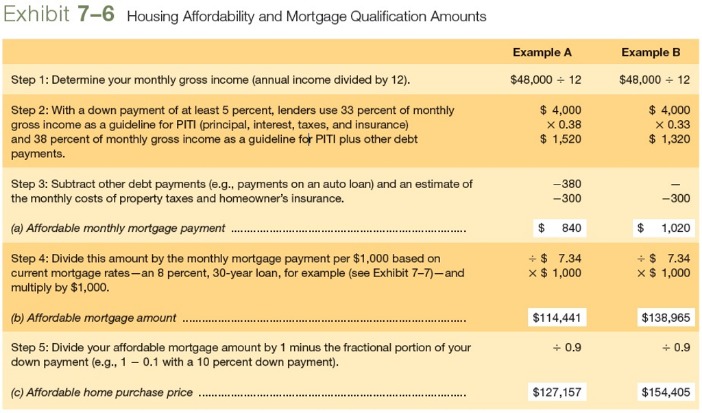And if you don’t have more than $100,000 or so to invest, commission-based planners may be the only ones who will take your business. But the conflict of interest is particularly stark in the commission business.
(Remember, first you need to pay off all debt other than your home and have an emergency fund that covers 3–6 months of expenses. No exceptions!). Or maybe you just don’t have the time or the know-how to choose and track investments on your own.
A growing list of employers are creating financial well-being programs for employees as well. These advisors are typically governed by the less rigorous suitability standard, described earlier. There may also be conflicts of interest inherent in their advice because they are paid based on the financial products they are able to sell to you. There are many fields to specialize in, such as life insurance or wealth management. You can determine your niche by identifying your strengths, skill sets, and your knowledge in the areas mentioned. For a financial advisor, nurturing the relationship with your existing client base ensures a long-term, successful, and sustainable career.
Which advisors are fiduciaries / is your advisor a fiduciary?
For those wishing to study either their bachelor’s or master’s online, University of the People offers both degrees in Business Administration. A certificate program in finance can also be a potentially beneficial option. The perks of the completely online program are flexibility, accessibility, low cost and quality education. You hire an advisor who charges you 0.50% of AUM per year to work for you. This means that the advisor will receive $25,000 a year in fees for managing your investments. Although there are no specific credentials or training required for someone to call themselves a “financial advisor,” most professional advisors have some sort of relevant license or certification. Certified advisors are governed by SEC Rule 206(4)-1, simply called the marketing rule.
“It is important to interview the advisors you are considering to find the one who is the best fit for you,” he said. “Ask them about their qualifications and credentials, and if they have a fiduciary duty.” Through these sessions, you establish yourself as a thought leader, which is one way to build your brand and attract clients.
Is there any other context you can provide?
Read more about Female here. “I think we have one of the coolest jobs out there in the world, because we get to work intimately with clients about a very important part of their life,” he says. “You can be your own boss, you can have the freedom to pick and choose who you work with.” Once you’ve broken the news to your financial advisor about the breakup, be sure to ask about gaining access to your records. These could be tax forms, financial statements or investment reports, for instance. If you decide to hire a new financial advisor, they may be able to help with the document transition by sending a formal request for your records. If that doesn’t help, compare your relationship with your financial advisor to the person who cuts your hair. And when you tie in the complexities of a relationship with someone who knows everything about your financial life, it can be challenging to know where to start.
We build relationships that have positive impacts for individuals, families and business owners throughout the towns and cities we call home. To start building a bias-free, skills-first hiring process, sign up for a free live demo today – or check out our free plan to see for yourself why 10,000+ companies have chosen us to streamline hiring. Financial planning comes with its set of challenges, such as market downturns, unexpected life events, or changes in goals. An empathetic advisor can relate to clients’ feelings and provide comfort and reassurance.
To make it even more complicated, some work under a combination of fees and commissions. You will find a wide variety of “investment professionals” out there, but not all professional designations are created equal. They can be lawyers, accountants, brokers, advisers, insurance agents or financial planners. For information on different professional designations and what they mean, refer to FINRA’s database at finra.org/investors/choosing-investment-professional. They key is to find a planner you feel comfortable with and know what questions to ask.







